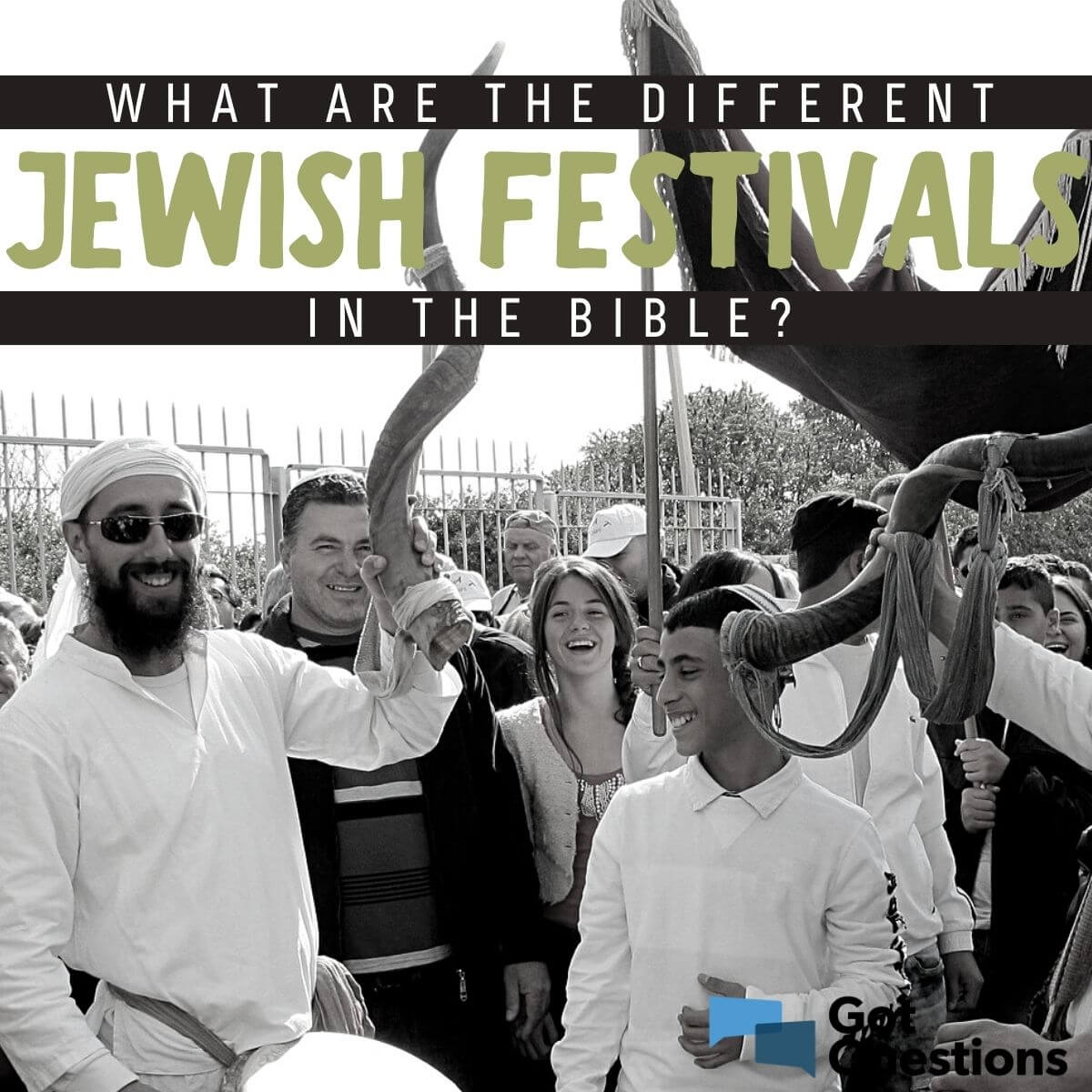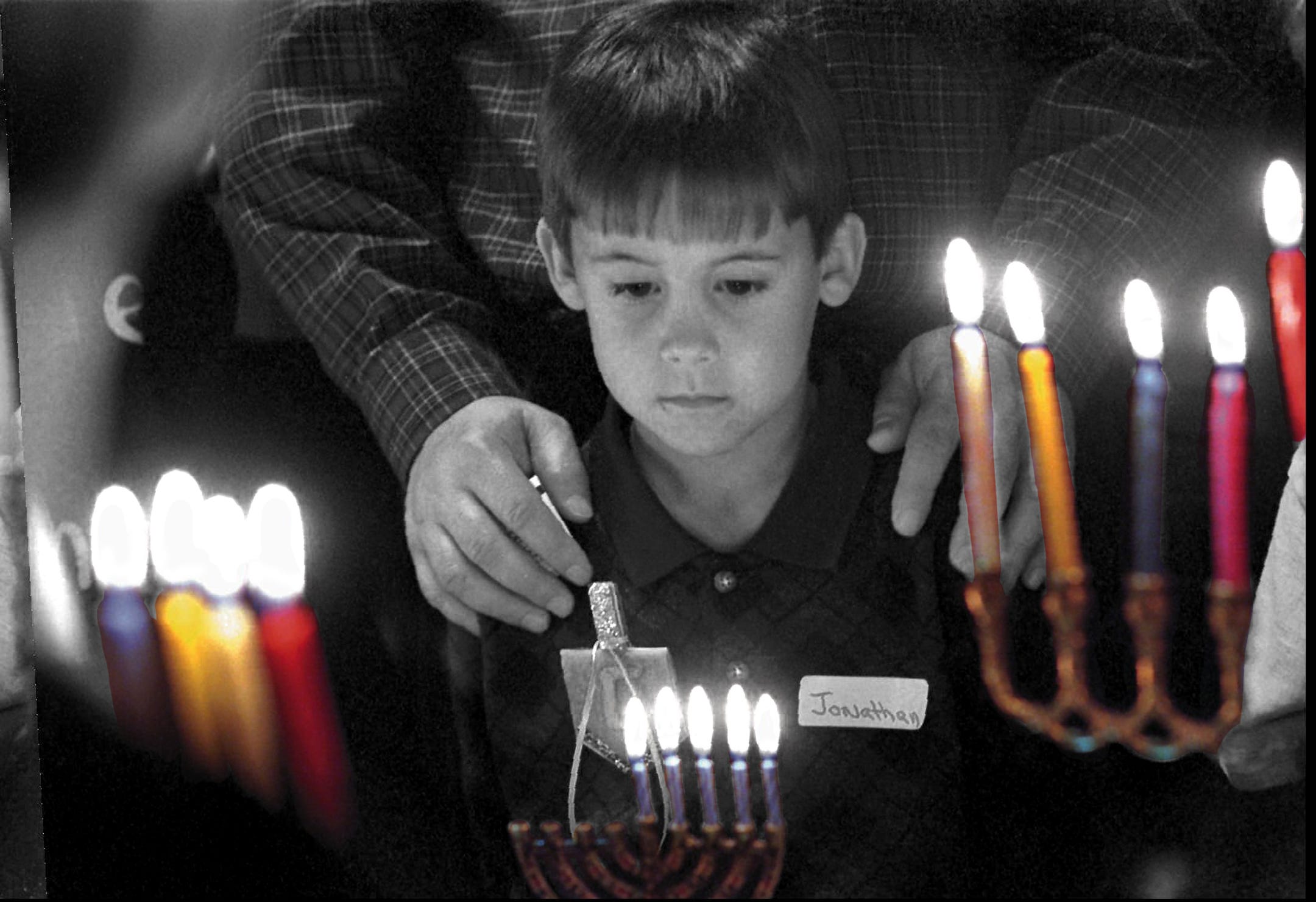Do Jews Celebrate Easter? A Deep Dive Into The Cultural And Religious Context
Alright, let’s cut to the chase. Do Jews celebrate Easter? Spoiler alert: not really. But hold up, there’s a whole lot more to this story than a simple yes or no. Easter, as we know it, is deeply rooted in Christianity, and while Jews have their own set of holidays and traditions, the overlap with Easter isn’t exactly straightforward. So, buckle up, because we’re about to dive into the fascinating world of religious customs and cultural nuances.
Now, before we get into the nitty-gritty, let me clarify something. This isn’t just about comparing apples and oranges—or in this case, matzah and Easter eggs. It’s about understanding the rich tapestry of traditions that shape different faiths. And trust me, it’s way more interesting than you might think.
So, why does this question even matter? Well, in a world where cultures are constantly blending, it’s important to know where the lines are drawn—and where they blur. By the end of this article, you’ll have a clearer picture of why Jews don’t celebrate Easter and how their holidays align—or don’t align—with Christian traditions.
- Where To Find Gore A Comprehensive Guide For The Curious Mind
- Ullu Hot Movies Your Ultimate Guide To The Hottest Web Series Platform
Understanding the Basics: What Is Easter All About?
Let’s start with the basics. Easter is one of the most significant holidays in Christianity, marking the resurrection of Jesus Christ. For Christians, it’s a time of reflection, renewal, and celebration. But for Jews? Not so much. While Easter has its roots in the Jewish Passover, the two holidays have taken vastly different paths over the centuries.
Here’s a quick rundown of what Easter represents:
- A celebration of the resurrection of Jesus Christ.
- A time for family gatherings, church services, and festive meals.
- Symbolic traditions like Easter eggs and bunny rabbits (though those are more cultural than religious).
But here’s the kicker: while Easter borrows elements from Jewish traditions, it’s fundamentally a Christian holiday. And that’s where the story gets interesting.
- 5movies Rules Telugu 2025 The Ultimate Guide To Streaming Bliss
- Where Can I Find The Original Kid And His Mom Cctv Video A Deep Dive
Why Easter Isn’t a Jewish Holiday
Now, you might be wondering, if Easter has roots in Judaism, why don’t Jews celebrate it? The answer lies in the core beliefs of each faith. For Jews, the focus is on celebrating Passover, which commemorates the Exodus from Egypt. While both holidays occur around the same time, their meanings couldn’t be more different.
Here’s a breakdown:
- Passover: A celebration of freedom and liberation from slavery.
- Easter: A celebration of resurrection and new life.
See the difference? Passover is all about historical events, while Easter is deeply tied to theological beliefs. And for Jews, sticking to their own traditions is a way of preserving their cultural identity.
Passover vs. Easter: A Side-by-Side Comparison
Let’s take a closer look at how these two holidays stack up against each other. While they may share some similarities, the differences are what make each unique.
Key Similarities
Both Passover and Easter occur in the spring and are tied to themes of renewal and rebirth. They also share a connection to the Jewish calendar, as Easter is calculated based on the timing of Passover.
But that’s where the similarities end. Here’s why:
- Passover focuses on historical events, while Easter centers on theological beliefs.
- Passover involves specific rituals, like the Seder meal, while Easter traditions vary widely across different Christian denominations.
Key Differences
Now, let’s talk about the differences. While both holidays celebrate important milestones, their meanings and practices are worlds apart.
- Passover is a strictly Jewish holiday, while Easter is a Christian one.
- Passover rituals are deeply rooted in Jewish law, while Easter traditions are more symbolic and cultural.
So, while the two holidays may overlap in timing, they couldn’t be more different in substance.
Can Jews Participate in Easter Celebrations?
Here’s where things get a little tricky. While Jews don’t traditionally celebrate Easter, there’s nothing stopping them from participating in cultural activities like Easter egg hunts or enjoying a festive meal with friends and family. After all, in a world where cultures are constantly blending, it’s not uncommon for people to embrace traditions outside their own faith.
But here’s the thing: for many Jews, participating in Easter celebrations can feel like stepping outside their cultural boundaries. It’s all about finding the right balance between respecting one’s own traditions and embracing the diversity of others.
Interfaith Families and Easter
For interfaith families, the question of whether to celebrate Easter can be a bit more complicated. Some choose to embrace both traditions, while others opt to stick to their own faith’s practices. It all depends on the family dynamic and how they choose to navigate their religious differences.
And honestly, there’s no right or wrong answer here. What matters most is mutual respect and understanding. Whether you’re Jewish, Christian, or something else entirely, the key is to celebrate what makes your family unique.
Historical Context: How Easter Evolved from Jewish Roots
Now, let’s take a step back and explore the historical connection between Easter and Judaism. As it turns out, Easter has its roots in the Jewish Passover. In fact, the Last Supper, which is a key event in the Easter story, is believed to have been a Passover Seder.
But over time, the two holidays diverged, each taking on its own unique meaning and significance. While Passover remained a strictly Jewish holiday, Easter evolved into a Christian celebration with its own set of traditions and rituals.
The Evolution of Easter Traditions
So, how did Easter go from being rooted in Jewish traditions to becoming a distinctly Christian holiday? It’s a long and fascinating story that involves everything from early Christian practices to modern-day celebrations.
- Early Christians saw Jesus’ resurrection as a fulfillment of Jewish prophecies, which helped shape the Easter story.
- Over time, Easter traditions like Easter eggs and bunny rabbits became popular, adding a cultural dimension to the holiday.
And while the connection to Passover remains, Easter has taken on a life of its own in the Christian world.
Modern-Day Perspectives: How Jews View Easter Today
In today’s world, where cultures are constantly intersecting, how do Jews view Easter? For many, it’s simply a reminder of the rich diversity that exists within the global community. While they may not celebrate Easter themselves, they can still appreciate the beauty of other people’s traditions.
And let’s not forget the importance of interfaith dialogue. By learning about each other’s holidays and traditions, we can foster greater understanding and respect. Who knows? You might even find yourself enjoying an Easter egg hunt or two!
Building Bridges Through Cultural Exchange
One of the most beautiful things about living in a multicultural world is the opportunity to learn from others. Whether you’re Jewish, Christian, or something else entirely, there’s always something to be gained from exploring the traditions of those around you.
So, the next time you find yourself wondering whether Jews celebrate Easter, remember this: it’s not about who celebrates what—it’s about celebrating the diversity that makes our world so rich and vibrant.
Conclusion: Celebrating Diversity in All Its Forms
Alright, let’s wrap this up. Do Jews celebrate Easter? No, they don’t. But does that mean they can’t appreciate the holiday? Absolutely not. In a world where cultures are constantly blending, it’s important to embrace the diversity that makes us unique.
So, here’s what we’ve learned:
- Easter is a Christian holiday with roots in Jewish traditions.
- Passover and Easter share some similarities but have vastly different meanings.
- For Jews, celebrating Passover is a way of preserving their cultural identity.
And while Jews may not celebrate Easter, they can still appreciate the beauty of other people’s traditions. After all, isn’t that what makes life so interesting?
So, the next time you find yourself at an Easter egg hunt or a Passover Seder, take a moment to appreciate the diversity that surrounds you. And if you’ve enjoyed this article, don’t forget to share it with your friends and family. Who knows? You might just inspire someone else to learn something new today.
Table of Contents
- Understanding the Basics: What Is Easter All About?
- Why Easter Isn’t a Jewish Holiday
- Passover vs. Easter: A Side-by-Side Comparison
- Can Jews Participate in Easter Celebrations?
- Interfaith Families and Easter
- Historical Context: How Easter Evolved from Jewish Roots
- The Evolution of Easter Traditions
- Modern-Day Perspectives: How Jews View Easter Today
- Building Bridges Through Cultural Exchange
- Conclusion: Celebrating Diversity in All Its Forms
- Why Filmyfly Today Is A Mustvisit For Movie Enthusiasts
- Unveiling The Truth Behind Indian Leaked Viral Mms What You Need To Know

What are the different Jewish festivals in the Bible?

Israeli Court Says Converts to NonOrthodox Judaism Can Claim

Hanukkah or Chanukah? How to spell the Jewish holiday (a few ways)